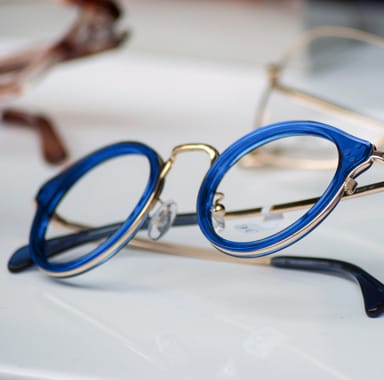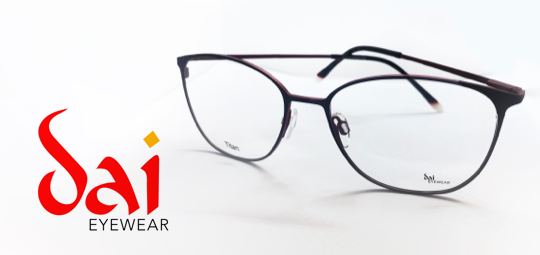What Causes Glaucoma?
Ultimately, glaucoma leads to damage of the optic nerve and is usually associated with increased pressure in the eye. However, there are various forms of glaucoma, and not all are related to increased eye pressure. Glaucoma also seems to be related to genetics and runs in families.
Open-Angle Glaucoma
Open-angle glaucoma is the most common form of glaucoma. It progresses slowly and painlessly and can lead to significant vision loss before any noticeable symptoms occur. It is believed to be caused by the inefficiency of the eye’s drainage system.
Our eyes contain a clear fluid called the aqueous humor, which supplies nutrients to parts of the eye. It flows through the pupil and is drained through the trabecular meshwork, a network of drainage canals in the eye. If these drainage components don’t work well, then the aqueous humor doesn’t drain properly, leading to increased IOP, eventually causing damage to the optic nerve.
Angle-Closure Glaucoma
Angle-closure glaucoma is less common and is considered a medical emergency.
It can occur suddenly when the eye’s drainage angle between the iris and cornea becomes blocked or closed. This blockage prevents the aqueous humor from draining, leading to increased IOP and damage to the optic nerve and visual field.
There may be a slow lead up to an angle-closure attack. Particularly if one’s drainage angle is naturally narrowing as the lens of the eye becomes dense with age, pushing the iris forward.
Normal-Tension Glaucoma
Normal-tension, or low-tension, glaucoma occurs when the IOP remains in the normal range, but optic nerve damage still occurs.
There are some theories on why this happens. One suggestion is that those who develop normal-tension glaucoma have an unusually sensitive optic nerve, or their optic nerve has reduced blood supply due to an additional condition, such as atherosclerosis.
Secondary Glaucoma
Secondary glaucoma generally occurs due to an injury, another type of eye disease, medications, or ocular abnormalities. Very rarely, eye surgery can lead to this form of glaucoma.
















